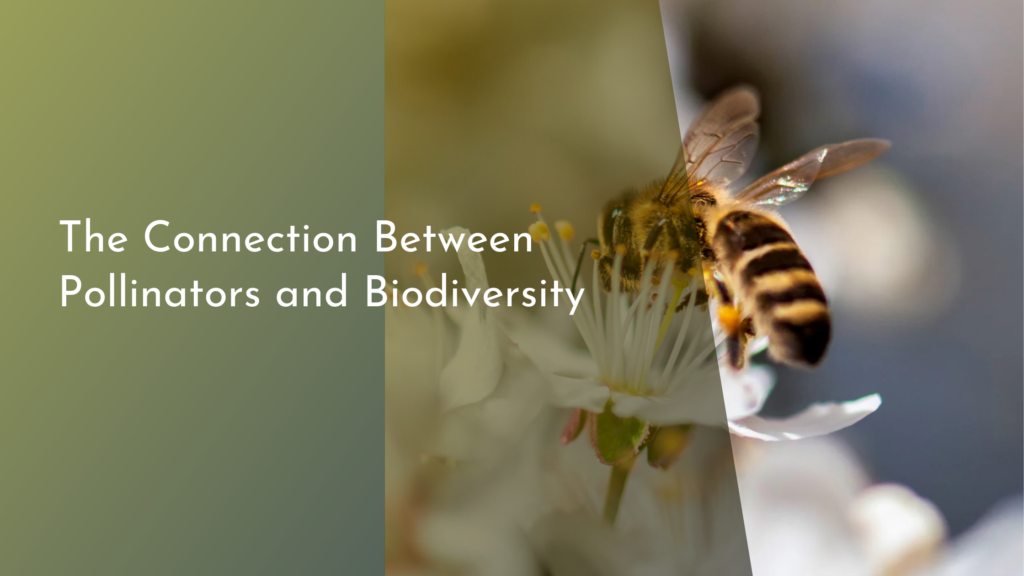The Role of Crowdsourcing in Urban Sustainability Initiatives
In recent years, the concept of urban sustainability has gained momentum as cities around the world seek to address pressing environmental challenges. A key player in this movement is crowdsourcing, a collaborative approach that taps into the collective intelligence of the community. By harnessing the insights, skills, and creativity of diverse citizens, urban planners and policymakers can develop innovative solutions that foster sustainable practices. This article explores the role of crowdsourcing in urban sustainability initiatives, emphasizing its power to engage communities, generate innovative ideas, and highlight successful transformations in urban areas.
Harnessing Collective Intelligence for Sustainable Cities
Crowdsourcing leverages the knowledge and experiences of individuals from all walks of life, making it a powerful tool for urban sustainability. By involving citizens in the decision-making process, cities can benefit from a wealth of perspectives that can lead to more effective and comprehensive solutions. For instance, residents often have firsthand experience with local environmental issues, making their insights invaluable in identifying areas that require attention and improvement. By creating platforms for collaboration, cities can gather data, opinions, and suggestions that reflect the unique needs and aspirations of their communities.
Moreover, crowdsourcing promotes transparency and accountability in urban governance. When citizens are engaged in the planning and implementation of sustainability initiatives, they are more likely to feel a sense of ownership and responsibility toward their environment. This collective engagement can lead to more sustainable behaviors, as individuals become empowered to contribute to the solutions. Ultimately, harnessing collective intelligence transforms urban sustainability from a top-down approach to a more participatory and inclusive process, effectively bridging the gap between citizens and policymakers.
Engaging Communities: The Heart of Urban Sustainability
At the core of successful urban sustainability initiatives lies community engagement. Crowdsourcing provides an essential mechanism for fostering this engagement, as it encourages active participation from residents who may otherwise feel disconnected from the decision-making process. By utilizing social media, mobile apps, and community forums, cities can create platforms where residents can voice their concerns and contribute their ideas. This inclusive approach not only helps urban planners understand the nuanced needs of their communities but also cultivates a sense of belonging and shared purpose among residents.
Engaged communities are more likely to support and participate in sustainability initiatives, resulting in stronger collaboration between citizens and local governments. Programs such as community gardens, recycling drives, and urban clean-up events thrive when residents feel they have a stake in their success. Furthermore, increased engagement often leads to stronger social networks, fostering connections that can drive additional community-led sustainability efforts. In this way, crowdsourcing acts as a catalyst for building vibrant, resilient communities that are eager to pursue sustainable practices together.
Innovative Solutions: Crowdsourcing Ideas for a Greener Future
Crowdsourcing has the potential to unlock a plethora of innovative ideas that can contribute to a greener future. By inviting citizens to submit proposals for sustainability projects, cities can tap into a reservoir of creativity and out-of-the-box thinking. Such initiatives might include urban farming solutions, renewable energy projects, or waste reduction strategies—all designed to address local environmental challenges. Citizens are often more in tune with their immediate surroundings, allowing them to propose practical and context-specific ideas that professional planners might overlook.
Additionally, crowdsourcing fosters collaboration among various stakeholders, including businesses, non-profit organizations, and educational institutions. By bringing different voices to the table, these collaborative efforts can lead to holistic and multifaceted approaches to sustainability. For example, partnerships formed through crowdsourcing initiatives can pool resources and expertise to pilot projects that might not be feasible for any single entity. This interconnectedness can drive innovation and create sustainable solutions that are both cost-effective and impactful, paving the way for a greener urban landscape.
Success Stories: Crowdsourcing Transformations in Urban Areas
Across the globe, numerous urban areas have successfully utilized crowdsourcing to implement transformative sustainability initiatives. For instance, in Amsterdam, the "Green Amsterdam" project invited residents to propose ideas for green space enhancements. This initiative not only led to the creation of new parks and community gardens but also fostered a sense of community pride and stewardship among participants. By actively involving citizens in the planning process, the city was able to implement changes that genuinely reflected the desires and needs of its residents.
Another inspiring example can be found in Seoul, South Korea, where the "Citizen Participatory Budgeting" initiative allowed residents to allocate a portion of the city’s budget toward sustainability projects. This innovative approach empowered citizens to prioritize environmental initiatives that resonated with them, from urban greening efforts to renewable energy programs. The positive impact of such projects showcased the potential of crowdsourcing to spur real change, demonstrating that when communities unite for a common goal, the results can be both significant and transformative.
In summary, crowdsourcing plays a pivotal role in advancing urban sustainability initiatives by harnessing collective intelligence, engaging communities, and inspiring innovative solutions. The success stories from cities around the world illustrate the potential of this collaborative approach to create meaningful change. As urban areas continue to grapple with environmental challenges, embracing crowdsourcing not only enriches the decision-making process but also fosters a sense of community and shared responsibility. By working together, cities and their residents can build a sustainable future that benefits both the environment and the quality of life for all.

